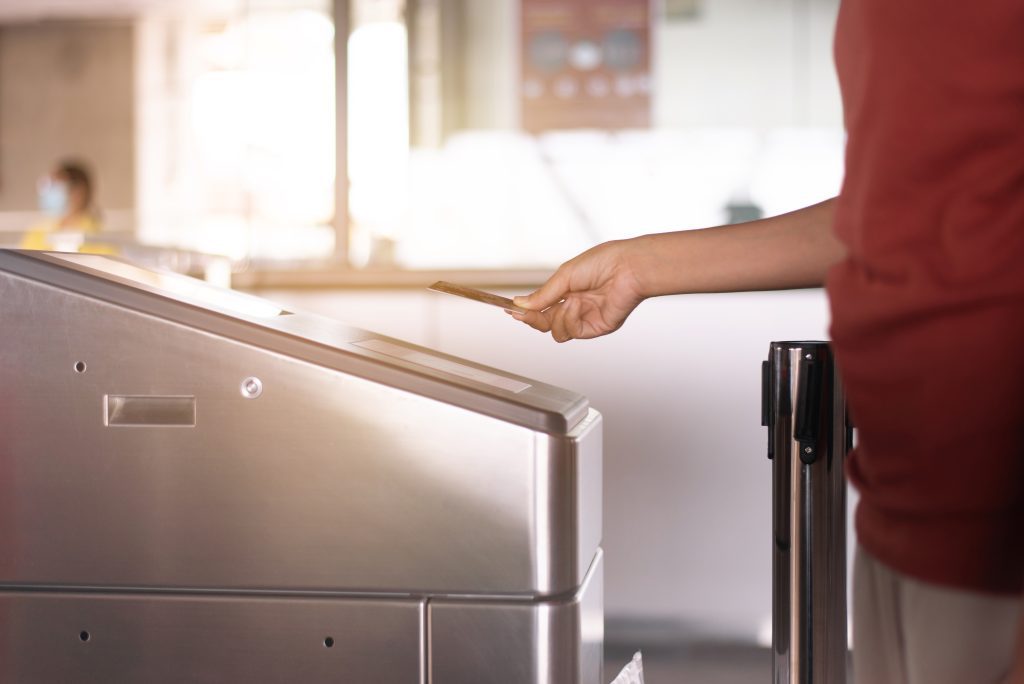After months of jockeying, the EU has accepted Apple’s terms to open up the iPhone’s tap-to-pay features to other digital wallet providers. This ends a four-year antitrust dispute that could have cost Apple up to 10% of its total worldwide annual revenue in fines, roughly $40 billion.
The agreement allows third-party mobile wallet developers to access the iPhone’s contactless payments protocol, technically referred to as near-field communication (NFC) technology. Instead of needing an Apple Wallet to use this feature, iPhone users will be able to choose which mobile wallet to make the default on their phones.
Apple agreed to open up the iPhone to a host of other features. In a statement, the company said that developers in the European Economic Area will have the option to enable NFC contactless payments and contactless transactions for items such as car keys, corporate badges, hotel keys, and event tickets, all from within their iOS apps using Host Card Emulation [HCE] based APIs.
“Apple seems to have been preparing for this shift in its U.S. offerings, since they dropped their own BNPL product and added partners to cover the gap,” said Christopher Miller, Lead Analyst, Emerging Payments at Javelin Strategy & Research. “This suggests that they understand the role of Pay and Wallet as a curated aggregator rather than an exclusive distribution point for proprietary products.”
The Competition Weighs In
Apple originally offered the EU a more limited set of loosened restrictions. It seemed for a while as if the EU would accept those terms, but after seeking input from Apple’s rivals, they pushed for more concessions. The additional commitments include allowing HCE payment functionality to be combined with other use cases, allowing developers to pre-build payment apps for third-party mobile wallet providers, and enabling developers to prompt users to change their default payment app, among other things.
All these changes could allow other developers to encroach on Apple revenue sources, but it remains unclear how much practical difference they will make.
“Merely having access to the NFC features doesn’t guarantee a change,” said Miller. “The EU’s announcement does not make clear if the integration and access will extend to tools such as boarding passes, or if the other wallets will be able to house Digital ID. If the answer is mostly no, I suspect that wallet competition won’t really take off.”
Miller also thinks it’s possible the settlement will expand the market for all players, rather than shrinking Apple’s share. “It will be very interesting to see what the competition points are for wallets who are trying to convince Apple wallet users to switch,” he said. “It’s easier to capture folks who haven’t already committed, so it’s possible that the decision simply results in more wallet users overall rather than a reduction in Apple users.”
